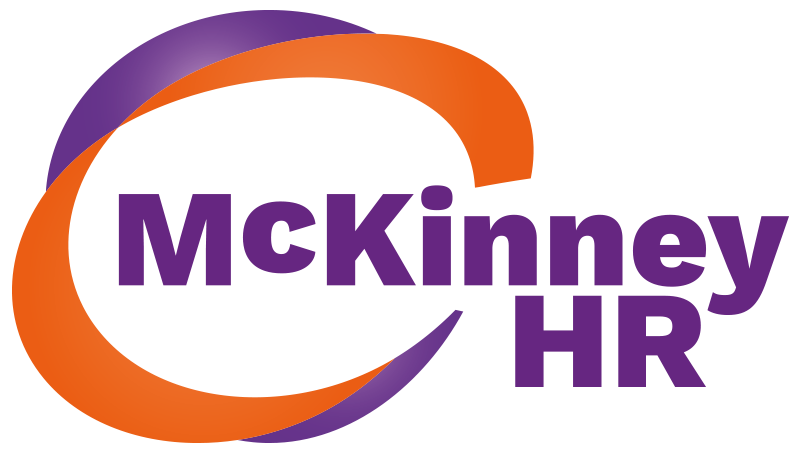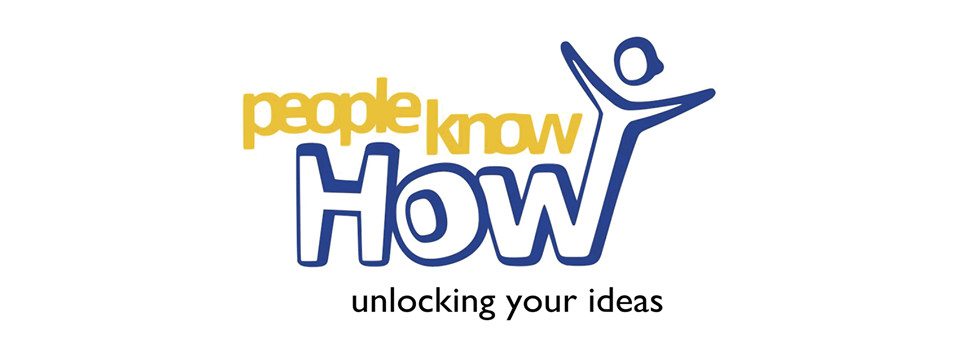

The webinar has been well received with 52 people attending and over 113 views of the recording so far, in only 3 weeks. But we are hearing that there is a need for more information. We want to use this blog to continue the conversation and share some themes that have been coming up:
Breaking the Negative Stigma: Learning from Change
Charities exist to serve communities, often filling gaps left by other sectors. When funding pressures force organisations to close or scale back, there is often a deep sense of personal and collective failure. But the reality is that external factors—economic downturns, shifts in government funding priorities, and donor fatigue—often play a significant role.
In the business world, failure is viewed as an opportunity to learn and innovate. The Third Sector prides itself on fostering a learning culture, but charities often face service reductions, closure, or large-scale restructuring with embarrassment or shame. Instead of seeing these transitions as shameful, we must try to foster an environment where restructuring and closure can be approached with dignity, reflection, and support. We should encourage open discussions about what has been learned and can be taken forward in the future.
Early Warning Signs: Recognising Financial and Operational Risks
Understanding when an organisation is at risk can help leaders make informed decisions and prepare appropriately. Some key indicators that a charity may be heading for trouble include:
- Persistent cash flow issues – struggling to meet payroll or supplier payments regularly
- Declining funding streams – major funders pulling out or a significant drop in unrestricted income
- Over-reliance on a single income source – limited diversification of funding sources
- High staff turnover or burnout – signs of stress and low morale among employees
- Inability to invest in core infrastructure – outdated systems, lack of training and professional development, or reduced capacity to innovate
Identifying these signs and others early on allows organisations to explore alternative strategies that take time to put in place, such as mergers, partnerships, collaboratives, consortiums or revised funding approaches.
Preparing for Restructure or Closure: Practical Steps
Facing closure or restructuring is never easy, but a proactive approach can ease the transition for all involved. Here are our 6 top tips:
- Communication is Key – Engage stakeholders early – prepare announcements well in advance and keep staff, the Board, beneficiaries, funders, and partners informed. Spend time on the language to ensure the tone and words are appropriate. Think through potential questions before sending out announcements.
- Be open to ideas from employees – don’t hold back from taking them on the change journey with you, although it can be emotional, they will be as passionate as you about finding the best possible outcome and if consultation is done right, it will help them to be on board with what is happening
- Develop a clear exit strategy – ensure services wind down responsibly and with minimal disruption
- Seek specialist advice – HR, legal and financial – understand employer obligations and best practices
- Support affected staff – provide guidance on the consultation process, expected timescales, emotional well-being, job search assistance
- Document lessons learned – share insights to support others in the sector facing similar challenges
Supporting the Chief Executive: Leading Through Difficult Times
Charity leaders, particularly Chief Executives, often carry the emotional and operational burden of closure. The pressure to safeguard staff, protect beneficiaries, and maintain transparency has the potential to be overwhelming. Boards, funders, and sector networks should actively support CEOs by:
- Providing regular check-ins and emotional support
- Encouraging peer networking to share experiences and solutions
- Ensuring access to coaching, mentoring, or counselling
- Allowing space for reflection rather than expecting immediate career shifts
Strengthening Board Preparedness
Boards play a critical role in ensuring responsible governance, especially during closures or restructuring. Key areas of focus should include:
- Scenario planning – understanding potential risks and developing contingency plans
- Building financial literacy – ensuring board members grasp the financial realities of the organisation
- Encouraging open discussions – fostering a culture where difficult decisions can be made without fear of stigma
- Consider individual skills and clear roles – helping board members understand how their skills can be used and what their responsibilities are in crisis situations
Facing Challenges with Resilience
Preparing and acting early when the situation is looking likely to lead to significant change will give you time to explore more options and include your employees in the journey. This can lead to a much smoother change journey for everyone and hopefully lead to a more positive result. By fostering a culture of learning, offering support to leaders, and preparing boards for potential challenges, we can navigate these difficult transitions with greater confidence and compassion.
Let’s keep the conversation going
If you would like to share your thoughts and experiences on how we can better support charities facing these challenges, please contact Glenn Liddall, Founder & Chief Executive, People Know How at glenn.liddall@peopleknowhow.org. Glenn spoke on a panel at the recent SCVO Gathering to start to lift the lid on what happens when an organisation struggles to keep going despite huge demand and need. We don’t need to lose all the good work and impact an organisation has had. Watch this space (or get in touch) as Glenn works with others to curate an open conversation around this.
HR support is available now
If you think your Charity is facing significant change and you would like to benefit from some initial HR support to identify key actions you should take and outline your employer obligations, McKinney HR is here to support you with a one-hour FREE consultation session. Please contact support@mckinneyhr.co.uk and we can set you up with a call with Rona Loweth, Sr HR Business Partner.
If you want help with resolving conflict or improving performance, please email support@mckinneyhr.co.uk

Rona Loweth
Sr HR Business Partner
McKinney HR
